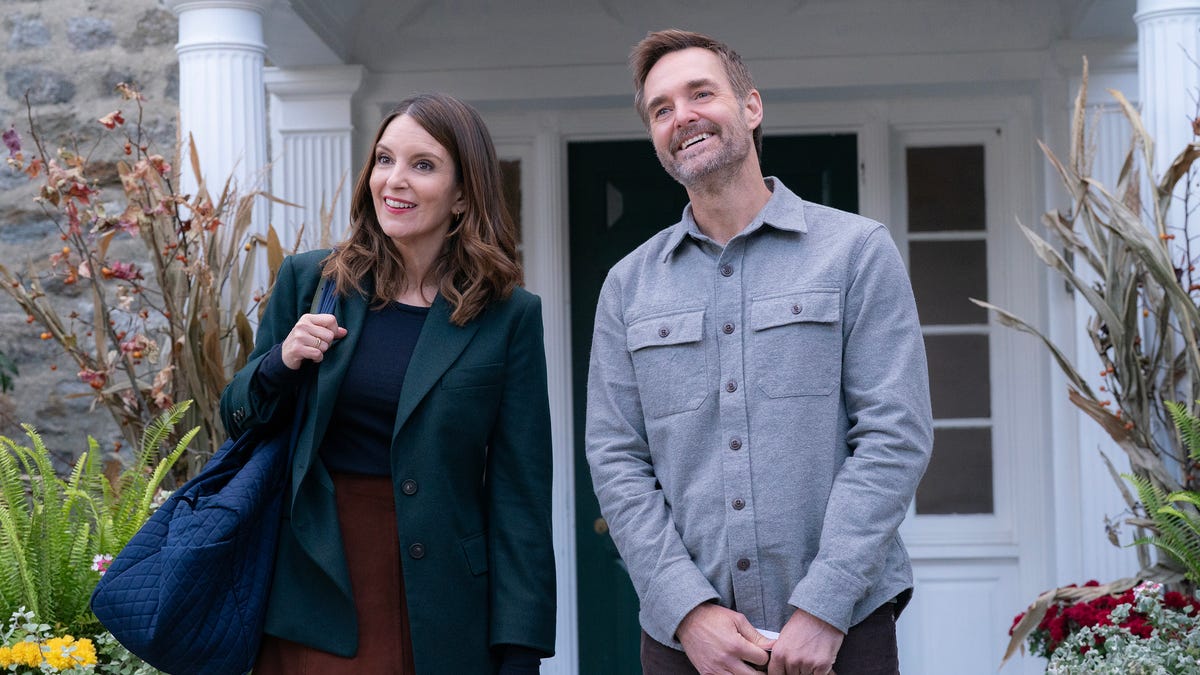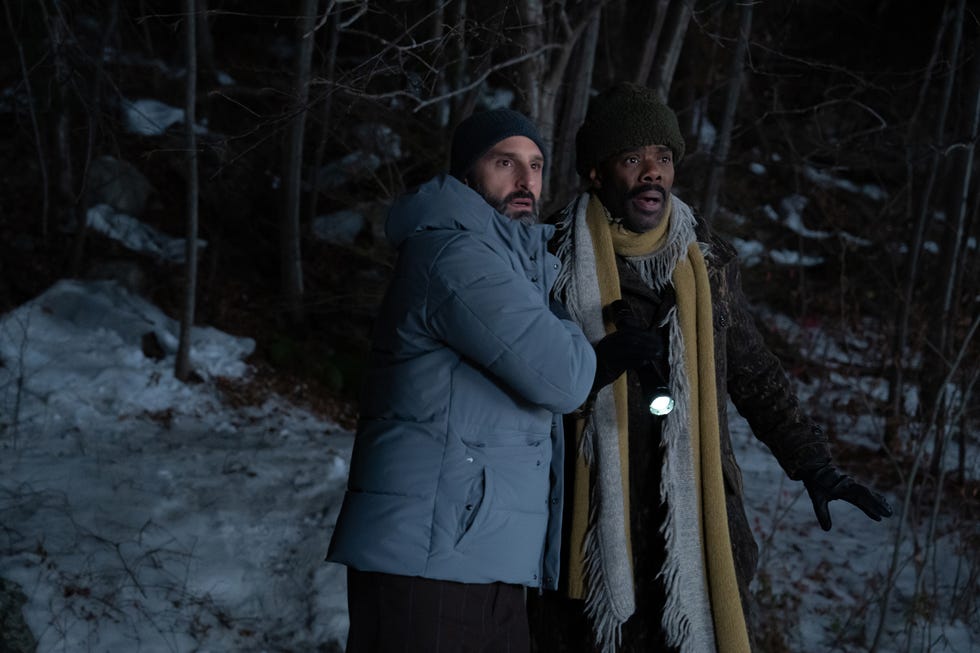How Netflix’s <i>The Four Seasons</i> Differs from the Original Film


Spoilers below.
Adapting and modernizing existing IP is hardly a new idea; Tina Fey’s new Netflix mini series The Four Seasons is just one of the latest to do so, tapping a film from 1981 as inspiration. Named after the Vivaldi quartet of compositions, both the film and the TV series track one year of a friend group’s lives as they meet up each season. Nick (Steve Carrell) jumpstarts the drama when he announces that he’s planning to leave his wife Anne (Kerry Kinney-Silver), after becoming bored in their marriage. Fey stars as Kate, an uptight know-it-all who is married to Jack (Will Forte), a pushover. Colman Domingo is Danny, who wants to ignore that his body is aging, something his husband Claude (Marco Calvani) won’t let him forget.
Every adaptation employs changes from the source material, and Fey’s version of The Four Seasons is no different. Below are the biggest differences between the film and the Netflix series, which is streaming now.
Nick dies in the TV adaptation, but not in the movie.The most significant change is that all six main characters are not still standing at the end of the TV series. Nick dies in the seventh episode in a freak car accident on New Year’s while he’s vacationing with Ginny’s friends, and the finale situates itself at the funeral where Anne strongarms Ginny out of any meaningful contributions. Like in the movie, Ginny storms out of the house after fighting with the friends, but in Alda’s film, Danny is the only one to go after her and he falls through the ice instead of Kate, who is in peril in the TV show. In both versions, Ginny’s pregnancy is announced, and the TV version implies that the group will help her keep Nick’s memory alive for their child.
Danny’s character is gay in the series and married to a man named Claude.Danny is married to a woman named Claudia in the film, cleverly swapped for a man named Claude in the series. The swap in sexual orientation opens up different avenues for their relationship by playing heavily into gay stereotypes like open relationships and increased interest in threesomes, most notably when they swipe on Grindr and open up their marriage via a threesome while on vacation.
The TV series also softened the personality of Danny’s spouse: Claude is portrayed as extremely sensitive and a bit aloof, while Claudia would blame her Italian heritage for any off-putting remarks.

In the show, Claude is the one up in arms about Danny’s health—and for good reason. Danny has been putting off an important surgery, and the couple spends the first few episodes fighting constantly about Danny’s insensitivity and disregard for his own health. At one point Danny even lies about scheduling the surgery as he’s trying to hold onto his youth and not face the truth, but eventually he comes clean and makes the appointment for real.
Nick and Anne’s daughter Lila (Julia Lester) doesn’t stage a play in the film to get her dad’s attention.In an eight-hour series, there’s much more room to expand upon side characters or explore different relationship dynamics compared to a two-hour film. The TV series capitalizes on that extra time, providing Nick’s daughter, who’s not much younger than her dad’s new girlfriend, the space to let off some steam. During parent’s weekend in the Autumn chapters of the series, Lila stages a play that insults both her father and Ginny publicly, which prompts a much-need conversation between the two. While Anne is secretly tickled by her daughter’s allegiance, she encourages Lila and Nick to make amends.
Kate and Jack go to couples counseling in the series.Kate and Jack’s relationship in the film is steady compared to the rollercoaster they go through in the series. The extra screen time allows Fey and Forte to explore how the college sweethearts have fallen out of step with one another, as Kate feels like she has to micromanage every aspect of their lives and play the bad cop to Jack’s good cop, while Jack constantly feels scrutinized by his wife.

After their fights escalate throughout the series, they attend couple’s counseling off-screen and employ therapy-speak with each other, which helps them communicate but doesn’t totally fix their problems. It’s their near-death experience when Kate falls into the lake that makes them realize that they’re better as a team than individual players.
elle





